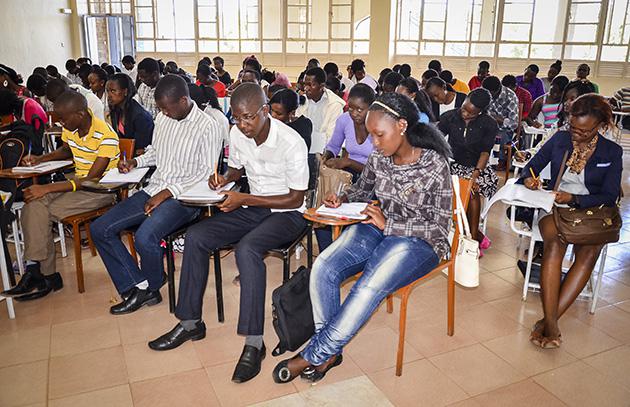In order to respond to the preoccupation of UNESCO Member States with the enhancement of the quality of higher education, IIEP developed a research project in the area of external quality assurance in higher education over the last ten years. This extensive work demonstrated that EQA can periodically perform quality control of HEIs and of their training offer, but can only lead to sustainable and continuous quality improvement when backed up by policies, structures and processes of quality assurance at the institutional level.
More recently, the creation of internal quality assurance (IQA) mechanisms were established at the institutional level in both developed and developing countries. Many HEIs have set up IQA mechanisms, not only in order to comply with the requirements of national EQA agencies or regulatory bodies, but also to generate information that respond to their internal requirements for quality monitoring and management (Comet Senal et al. 2008).
Innovative and cost-effective solutions for IQA systems
In order to make IQA systems work sustainably for the enhancement of the quality and relevance of higher education services, it is necessary to identify innovative and cost-effective solutions so that much needed financial and human resources are not drawn away from academic core processes (teaching and research). It is also necessary to find solutions to IQA systems that can successfully function also in a developing country context where human and financial resources are scarce, where quantitative data and evaluation results may not be easily generated.
IIEP has launched in 2014 a research project to generate knowledge to provide evidence-based policy advice to national and institutional higher education leaders, mainly in developing countries on existing innovative and cost-effective solutions for IQA systems in universities.
The research will focus on those universities that can provide elements in their policies, structures and processes for IQA that demonstrate a degree of innovativeness or good principles.




